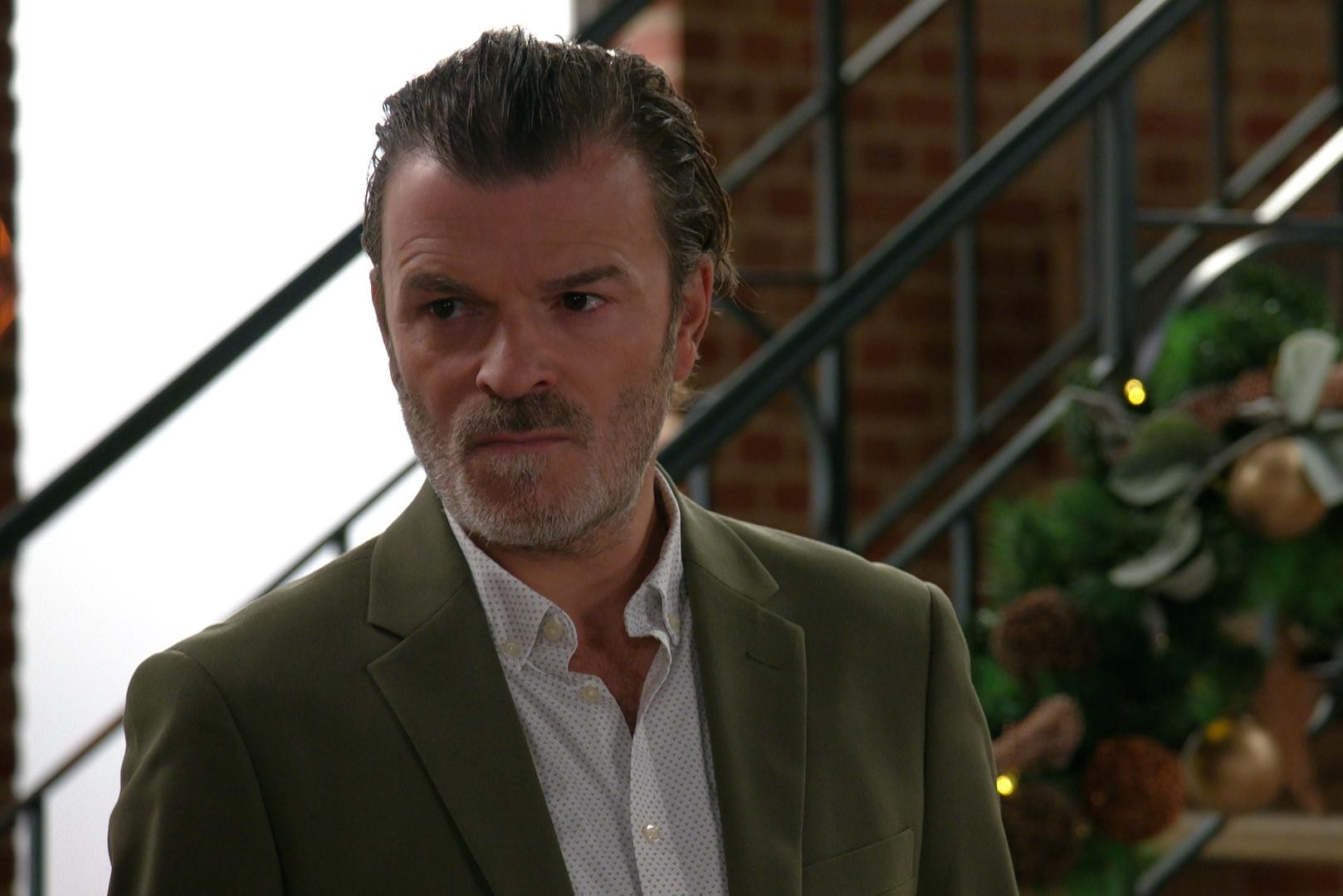The Wall Street Journal reports on the suspected poisoning.
Roman Abramovich, and at least two other senior members of Ukraine’s delegation in the negotiations with Russia, have had symptoms of poisoning.
The poisoning is said to have taken place after a meeting in Kyiv in March.
Pain and redness in the eyes
The symptoms must have been pain and redness in the eyes, flaky skin on the face and hands. None of the victims are said to have been life-threateningly injured, and the condition of all of them is said to have improved.
Abramovich is said to have lost his sight for several hours and to have received treatment for the symptoms in Istanbul, Turkey, writes Shaun Walker, journalist at The Guardian, on twitter.
Unclear who is behind it
A source in Abramovich’s circle says it is not clear who is behind it, according to the Wall Street Journal. Monday writes the news agency Reuters that a US intelligence source claims the symptoms are due to environmental factors, and not poisoning.
Researcher at the Norwegian Institute of Foreign Policy, Jakub M. Godzimirski, tells TV 2 that it is currently difficult to determine what may have happened.
He says that Russia has previously been accused of similar political killings, but emphasizes that it is not certain that it is Russia that is behind it.
“It has happened several times before that Russia has been accused of using different types of chemical substances,” Russia expert Jakub M. Godzimirski told TV 2.
Godzimirski has been working on Russian foreign and security policy for a number of years and believes it is too early to speculate on what may have happened.
– We must also understand that countries other than Russia also do this. Why should Russia be interested in poisoning these? It does not rhyme, says Godzimirski, and adds:
– It would be surprising. One must have a certain confidence that one will not be arrested, killed or injured when entering into such negotiations, he says.
The Russia expert emphasizes that such an attack would not be a particularly smart move by Russia either.
– Then you lose the last bit of confidence in the negotiations. When you start negotiations, you do it to achieve results, Godzimirski says.
– SELLER CHELSEA: Roman Abramovich is now in the process of selling the football club in England. (Photo: Adam Davy / Pa Photos) Photo: Adam Davy
–
Suspected chemical poisoning
The journalist network Bellingcat confirms that three negotiators in connection with the war in Ukraine have been poisoned after the meeting in Kyiv. One of them was Abramovich. They write that experts have concluded that the symptoms were most likely a result of exposure to chemical weapons.
– The amount of poison that should have been applied was too small to cause life-threatening damage. The poisoning was probably meant to scare the victims, they write further in the Twitter thread.
Russian authorities have not responded to the WSJ’s request for comment on the suspected poisoning.
Bellingcat can confirm that three members of the delegation attending the peace talks between Ukraine and Russia on the night of 3 to 4 March 2022 experienced symptoms consistent with poisoning with chemical weapons. One of victims was Russian entrepreneur Roman Abramovich. https://t.co/DJaZ4CoL8J
– Bellingcat (@bellingcat) March 28, 2022
–
A spokesman for Ukrainian President Volodymyr Zelensky said he had no information about a suspected poisoning. According to the WSJ, the president and Abramovich must have met after the war started.
The powerful oligarch, and the Chelsea owner, was already on the fifth day of the war in the negotiations between Russia and Ukraine. He has been described as a key figure in the peace talks between the two countries, and has been to both Moscow and Kyiv several times recently.
Abramovich is now in the process of selling the football club in England.
–


